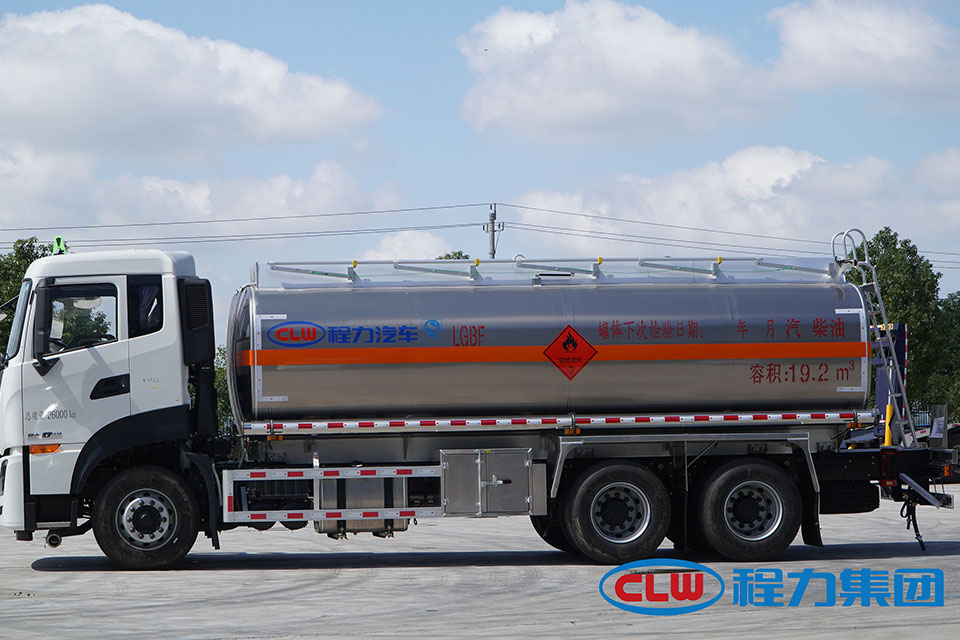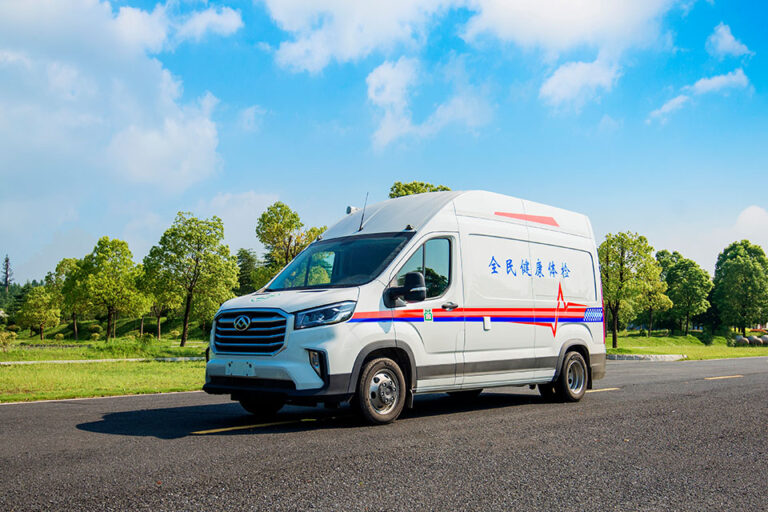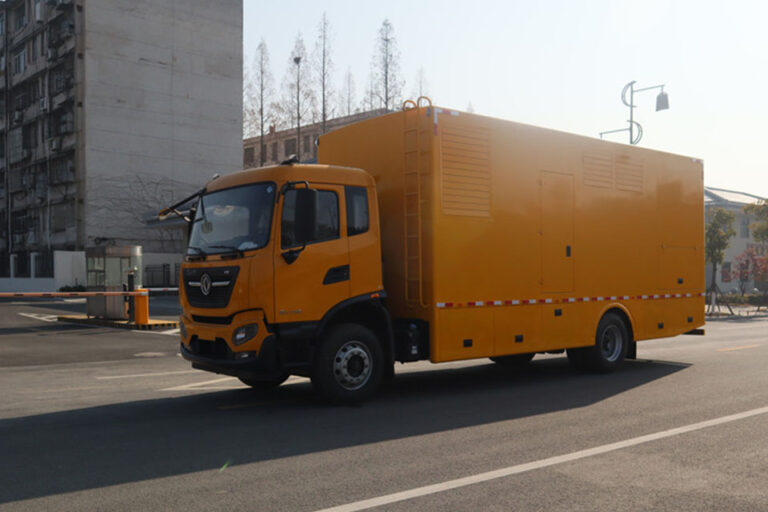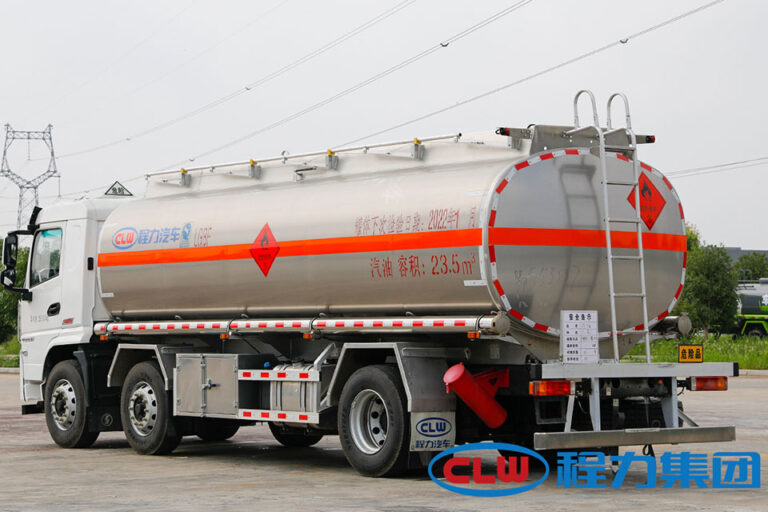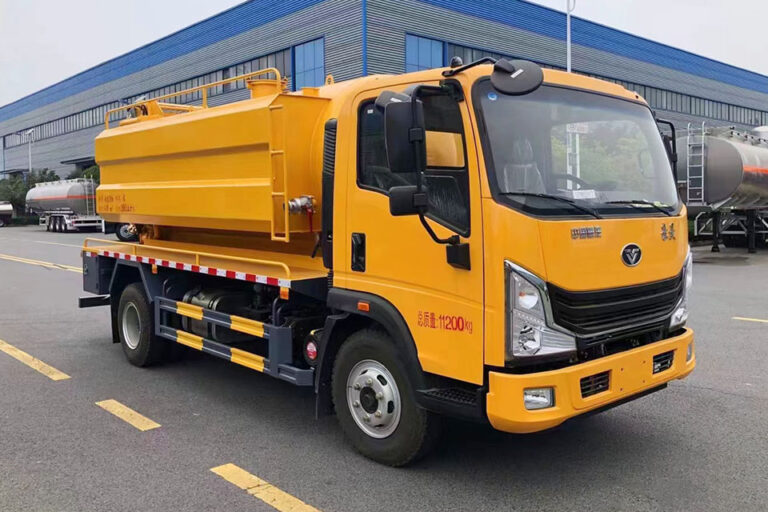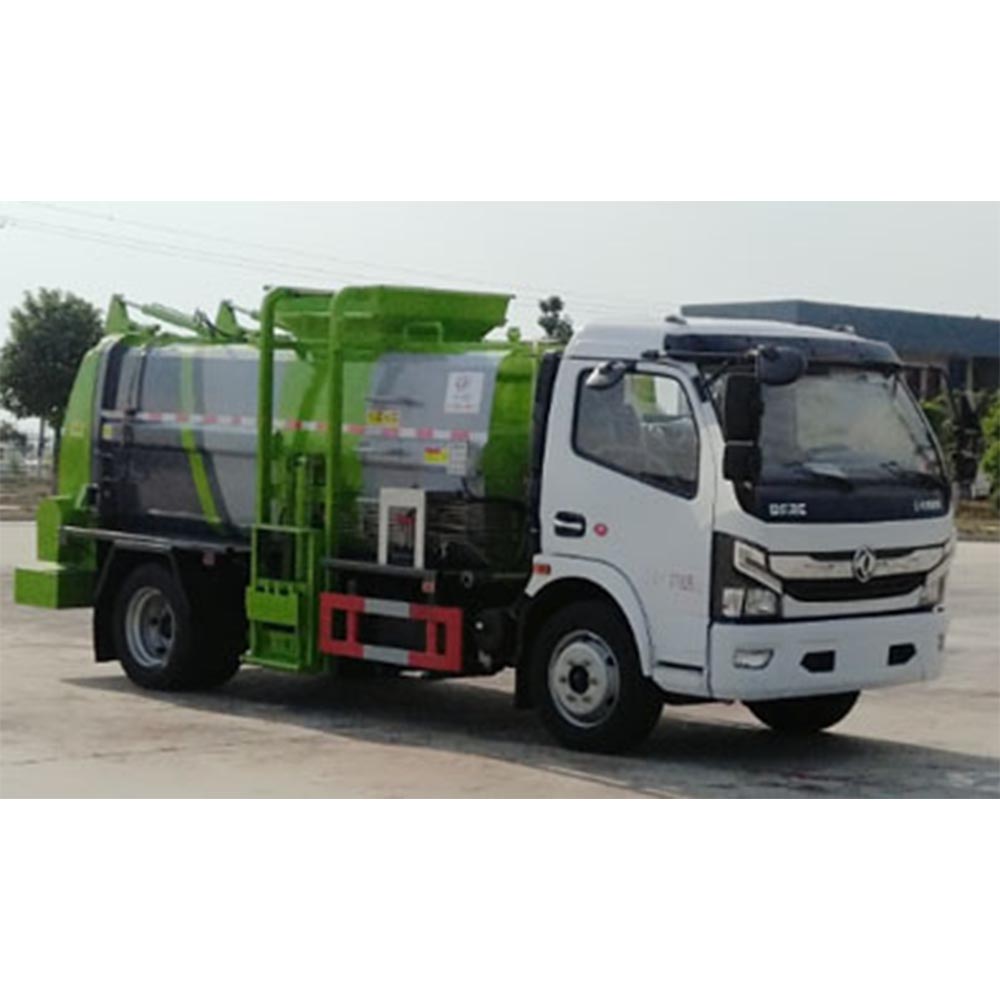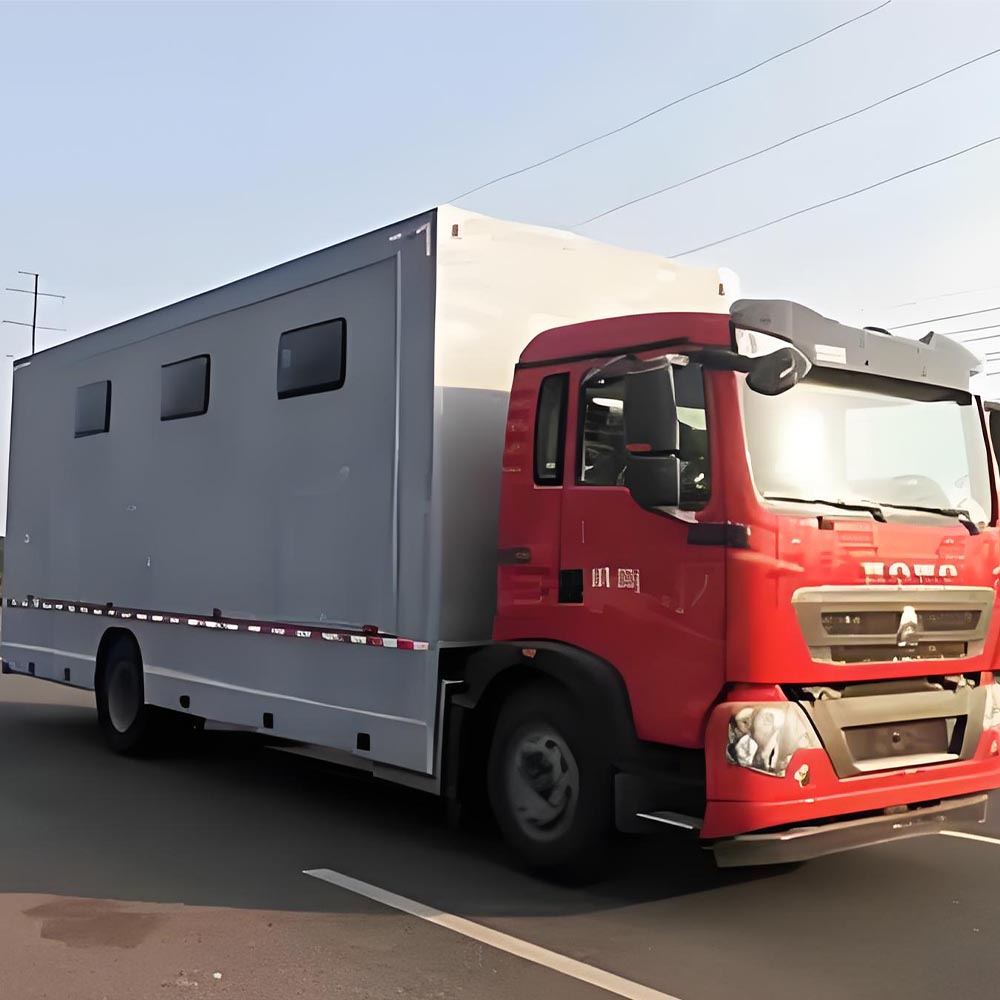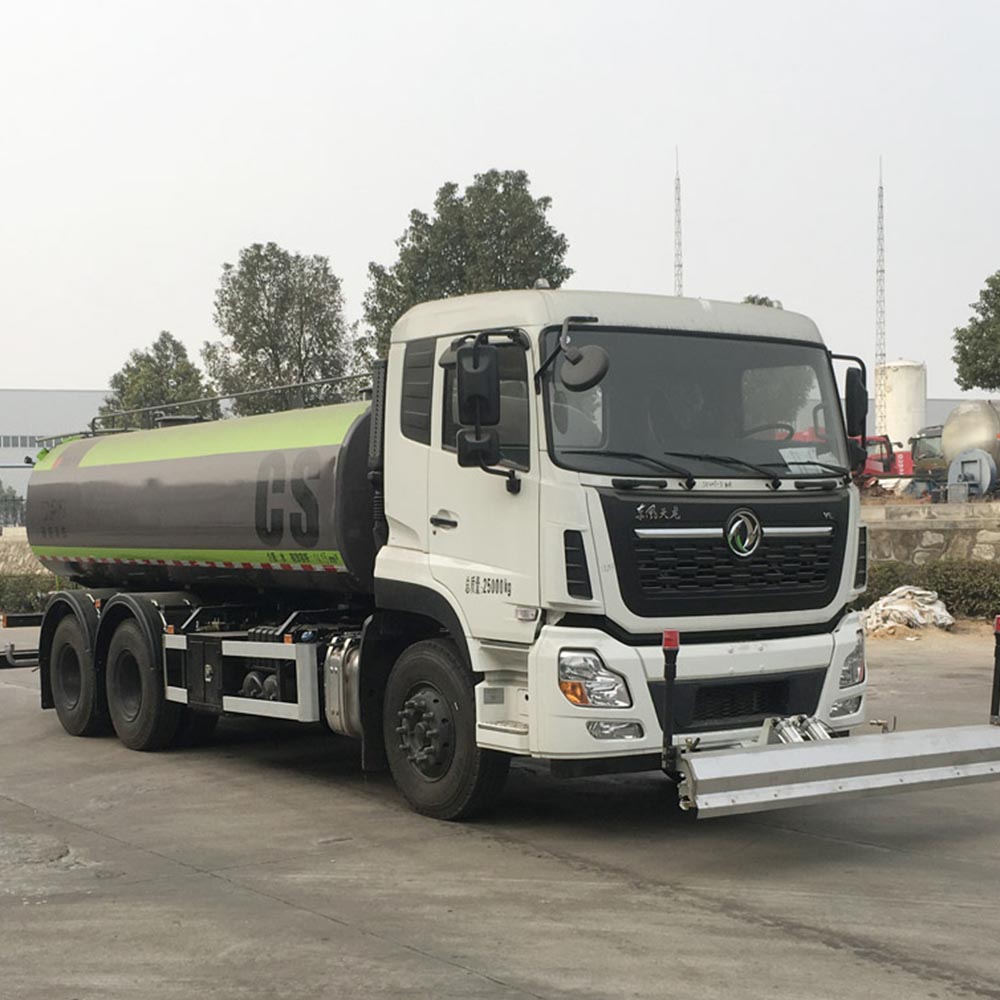-
Chengli Automobile Industry Park
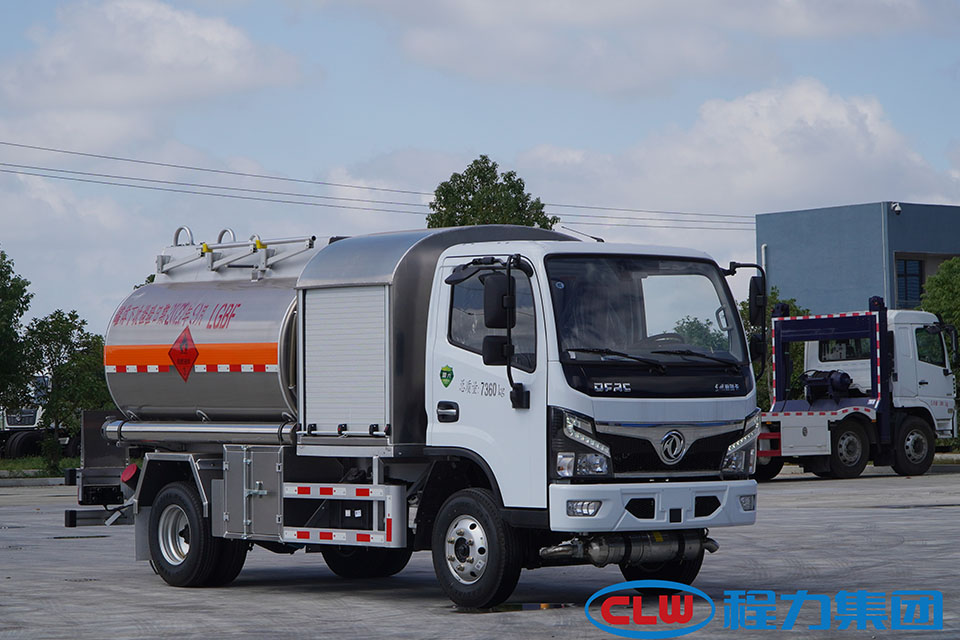
What are the dimensions of a tanker truck?
Tanker Truck Dimensions: Everything You Need to Know
Are you looking for facts about the size of tanker trucks? This guide will tell you all the key things about how big these trucks are. We made this easy to read so you can find what you need fast!
Table of Contents
What Is a Tanker Truck?
A tanker truck is a big truck that moves liquids and gases. These trucks have a special tank on them to hold things like gas, milk, or chemicals.
Tanker Truck Dimensions Breakdown
Key measurements and capacities of different tanker truck types
Standard Width
102 inches (8.5 ft)
Max Weight Limit
80,000 lbs
Fuel Tanker Capacity
5,500-9,000 gal
Chemical Tanker
22,500-25,000 L
Size Chart for Different Tanker Trucks
Here’s a simple chart that shows how big tanker trucks can be:
| Type | Length | Width | Capacity | Key Facts |
|---|---|---|---|---|
| Fuel Tankers | 30-38 feet | 102 inches | 5,500-9,000 gallons | Most common for gas/diesel |
| Chemical Tankers | 29-42 feet | 102 inches | 22,500-25,000 liters | Special rubber lining inside |
| Food Grade Tankers | 28-53 feet | 102 inches | Varies by food type | Stainless steel tanks |
| Pneumatic Tankers | 29 feet | 102 inches | 1,130 cubic feet | For dry bulk products |
How Long Are Tanker Trucks?
The length of a tanker truck is very important. Here’s what you need to know:
- Most fuel tankers are 30 to 38 feet long
- Food tankers can be up to 53 feet long
- A semi-trailer without the truck part is usually 28 to 53 feet
- The 2025 MAC Tanker is 29 feet long
The size you pick depends on what you will carry and where you will drive.
How Wide Are Tanker Trucks?
Almost all tanker trucks in the USA are 102 inches wide (that’s 8.5 feet). This is because:
- 49 states have a rule that trucks can’t be wider than 102 inches
- This width fits well on most roads
- Going wider means you need special permits that cost money
How Much Can Tanker Trucks Hold?
Tanker trucks come in many sizes that can hold different amounts:
- Small tankers: 396 to 792 gallons
- Standard fuel tankers: 5,500 to 9,000 gallons
- Chemical tankers: 22,500 to 25,000 liters (about 5,940 to 6,604 gallons)
- The 2025 MAC 1130D can hold 1,130 cubic feet of dry stuff
Types of Tanker Trucks and Their Sizes
Fuel Tankers
Fuel tankers carry gas, diesel, and other fuels. These tankers have special features:
- Length: 30 to 38 feet is most common
- Can hold 5,500 to 9,000 gallons
- Need to follow DOT 406 safety rules
- Often have separate sections inside the tank
Check out our guide to fuel tanker trucks for more info.
Chemical Tankers
Chemical tankers need to be made with extra care:
- Special rubber lining to stop chemicals from making holes
- Tank walls must be at least 0.195 inches thick
- Fleet trucks can carry 22,500 to 25,000 liters
- Special valves and safety features
Food Grade Tankers
These tankers carry milk, juice, and other food items:
- Usually 28 to 53 feet long
- Made with stainless steel that’s easy to clean
- Different sizes based on how thick the food is
- Must be cleaned very well between loads
Pneumatic Tankers
Pneumatic tankers carry dry things like flour or cement:
- The 2025 MAC 1130D is 29 feet long and 102 inches wide
- Can hold 1,130 cubic feet of dry materials
- Has special cone bottoms (37 degree angle)
- Uses air pressure to unload
Legal Size Limits for Tanker Trucks
There are strict rules about how big trucks can be:
- Width: 102 inches (8.5 feet) in 49 states
- Weight: No more than 80,000 pounds total (truck + tank + cargo)
- Length: No federal limit, but states have their own rules
Breaking these rules can cost you a lot of money in fines!
How to Pick the Right Size Tanker Truck
When picking a tanker truck size, think about:
- What you’ll carry: Thick liquids need different tanks than thin ones
- Where you’ll drive: City driving? Pick shorter trucks (30-35 feet)
- How much you need to move: Bigger isn’t always better – fuel use goes up 12% for each 10 feet of length
For help picking tractor units for semi-trailers, check our guide.
2025 Tanker Truck Models and Their Dimensions
New tanker trucks coming in 2025 have some cool features:
- MAC 1130D Pneumatic Tanker: 29 feet long, 102 inches wide, 1,130 cubic feet capacity
- Lynch Chemical Tankers: Rubber-lined tanks holding 22,500-25,000 liters
- CarMax Custom Tankers: Tanks that can be 15% longer or shorter than standard
Special Features That Affect Size
Some special parts can change how big a tanker truck is:
- Aerators: The MAC 1130D has 3 per hopper to help things flow
- Discharge Lines: 4-inch aluminum pipes to empty the tank fast
- Axle Setup: Lead trailer has 2 primary and 1 lift axle
- Hopper Cones: 37-degree angle for better emptying
Size Comparison: Tanker Trucks vs. Other Trucks
How do tanker trucks compare to other big trucks?
- Tankers are about the same width as dump trucks
- Tankers are usually shorter than flatbed trucks
- Tankers have rounded tanks instead of flat beds
- Tankers can be heavier when fully loaded
Common Questions About Tanker Truck Dimensions
How tall are tanker trucks?
Most tanker trucks are 8 to 13.5 feet tall, depending on the tank size and truck model.
Can tanker trucks drive on all roads?
No. Some roads have weight limits or size restrictions that may not allow big tanker trucks.
Do bigger tankers cost more to run?
Yes. For each extra foot of length, you’ll pay about $120 more per year in maintenance costs .
Are there electric tanker trucks?
Yes! New 2025 electric models must be 15% lighter than diesel ones .
Safety Tips Related to Tanker Truck Dimensions
Knowing the size of tanker trucks helps keep everyone safe:
- Always give these big trucks extra space on the road
- Remember that tankers need more room to turn
- Tankers take longer to stop because they’re heavy
- Never cut in front of a tanker truck – the driver may not see you
Summary
Tanker trucks come in many sizes:
- Length: 28-53 feet
- Width: 102 inches (8.5 feet)
- Capacity: 396-9,000 gallons (liquids) or up to 1,130 cubic feet (dry materials)
The right size depends on what you’ll carry, where you’ll drive, and how much you need to move. Always check local rules about truck sizes before hitting the road!
